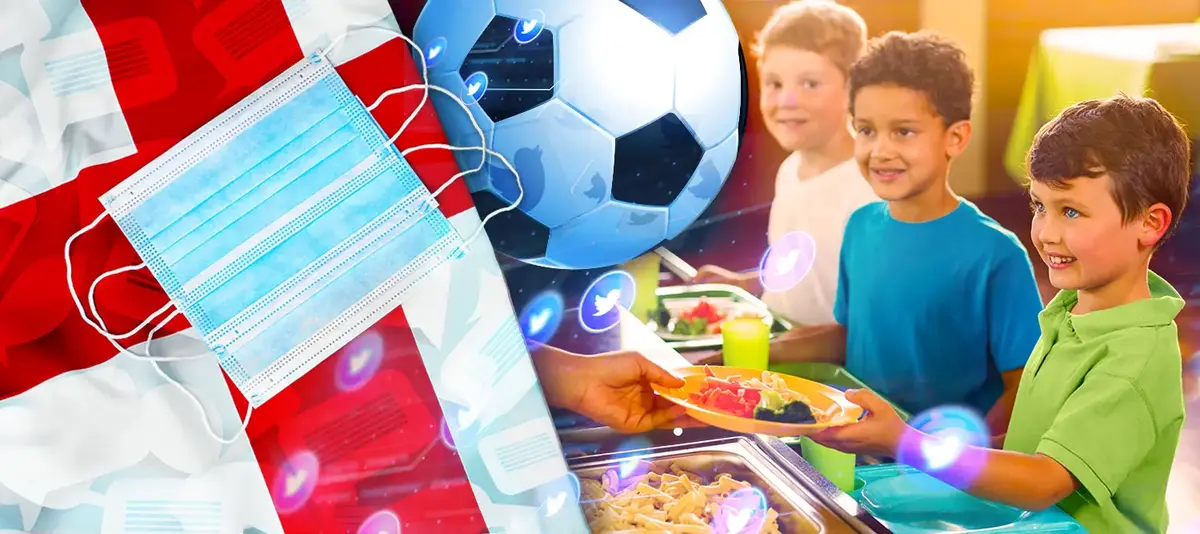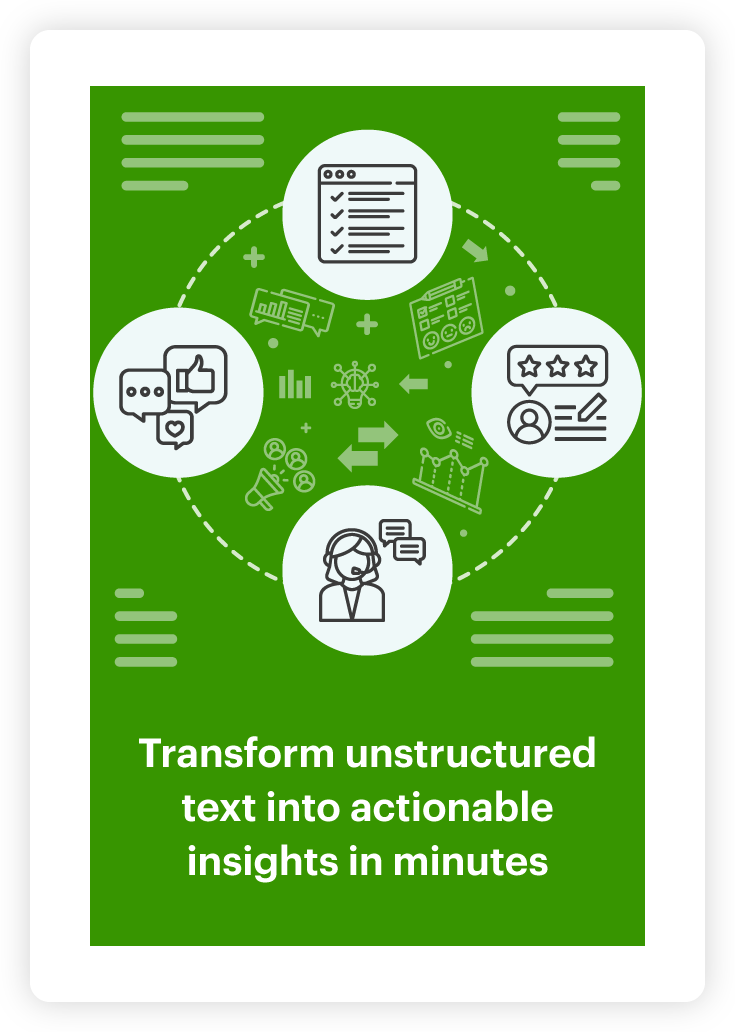The Marcus Rashford effect: Analyzing Twitter conversations on child poverty

On March 18th, Boris Johnson announced that the UK would enter its first COVID lockdown. And while the majority of us wondered how this would directly impact our own lives, MUFC’s Marcus Rashford expressed his concern for the country’s most vulnerable children.
Marcus Rashford is a hero on the football pitch and has received an MBE for his work to combat child poverty in the UK. Having relied on free school meals in his early childhood, the Premier League player knew exactly what the closure of schools would mean for millions of disadvantaged children.
He began campaigning to end child food poverty in June, after the government refused to extend their free school meal voucher scheme over the summer holidays. Rashford’s summer campaign led to the first government U-turn on their policies, and the Prime Minister has now been forced into a second. With lockdown number two underway, the British government have agreed to a winter grant scheme, which will provide the country’s most disadvantaged families with support for food and bills until March 2021.
As Rashford’s momentum picks up, we wanted to understand how his relentless campaigning has affected the public conversation around child poverty. Using Relative Insight’s language technology, we compared Twitter conversations over time to analyse the discourse around child poverty, before and during his End Child Food Poverty campaign.
Before Rashford’s Campaign (October to December 2019)
A range of social issues
Before Rashford’s campaign, the rhetoric around child poverty was significantly less polarised. Social media conversations revealed that child poverty was part of a larger collective discourse. Child poverty was often discussed with other social issues such as the underfunded NHS (21.8x more likely), homelessness (6.6x more likely) and austerity (4.3x more likely). Twitter users – who were an active part of the child poverty discussion, also used their platform to debate other social causes.




Let’s talk politics
Boris Johnson consolidated his position as Prime Minister on the 12th December 2019, winning the general election with a majority of 80 seats. It’s therefore no surprise that the topic of ‘politics’ was 3.6x more likely to be discussed during this period. However, despite receiving a landslide victory, many Twitter users held the opinion that ‘voting’ Tory exacerbates child poverty in the UK.

Twitter users also expressed a lack of ‘trust’ in the government when discussing the issue of child poverty. This boiled down to a generic feeling that the government were preoccupied with ‘getting Brexit done’. While cabinet Brexiteers could be seen exaggerating Britain’s global position, the reality is that child poverty is at an all time high. We are a nation that evidently cannot feed our own children.


Is it too late to undo the damage?
People on Twitter were 4.4x more likely to use negative language when describing how the government have dealt with child poverty, and users echoed the fact that damage has already been done, and that the ‘social crisis’ is beyond repair.

After Rashford’s Campaign (September to November 2020)
Ending child hunger
It’s undeniable that Marcus Rashford has had a huge impact on bringing awareness to child food hunger. His ongoing campaign has amplified the cause and empowered the general public to bring about change. As a result, Twitter users are 22x more likely to call for a ‘long term solution’ and an ‘end to child hunger’ than before.


Understanding
Post-campaign, people on Twitter are 2.3x more likely to use the word ‘understanding’ then they were before. Although some tweets point towards the lack of understanding shown by the government – on the whole, Rashford’s campaigning has educated people on the harsh reality of child poverty. People are finally beginning to understand the bigger picture. 
The government should take responsibility
Politics is still a hot topic since Rashford’s campaign and the government’s most recent U-turn. However, there has been an increase in the use of strong obligatory language by Twitter users. People are urging that the government must ‘take responsibility’ for child poverty, a phrase completely absent in the social data from the previous time period.

Unity, taking action and coming together
A linguistic difference that really stands out since Marcus Rashford’s campaigning is the growing sense of unity; and ‘coming together’ to fight. Over October half term, restaurants and local businesses across the country united to offer free school meals to children in need, in an attempt to fill the voucher scheme deficit. Twitter users recognised how Rashford’s campaign encouraged this movement, and displayed commitment to the cause: “We must keep fighting.”


Keeping a pulse on the changing discussion around important social issues is an essential capability for charities and governments. Relative Insight can help you do this by analysing forums, social media and other open-sourced discussions.
